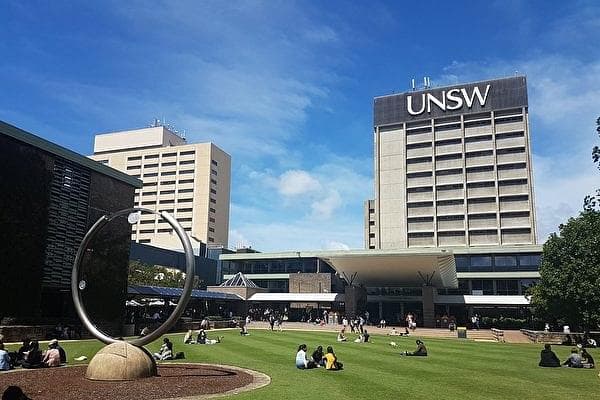There are three different streams of the Master of Development Studies. The stream you apply for will depend on the depth of your prior academic and/or professional experience, and how closely it relates to development studies.
If you apply for Stream A or Stream B, you may be eligible to have your study recognised via Recognition of Prior Learning (RPL). If your prior study is recognised, credit points can be counted towards the degree, and you would then be able to complete the coursework undertaking fewer subjects.
For all three streams, you will need to meet the following admission requirements to be considered for entry into the program:
For the 1 year stream (A)
-
Honours degree or Graduate Diploma* (or equivalent qualification) in a relevant discipline with a record of academic achievement equivalent to a UNSW credit average of 65%^.
-
Bachelor degree (or equivalent qualification) in a relevant discipline with a record of academic achievement equivalent to a UNSW credit average of 65%^, plus one year relevant professional experience.
For the 1.7 year stream (B)
-
Bachelor degree (or equivalent qualification) in a relevant discipline with a record of academic achievement equivalent to a UNSW credit average of 65%^.
-
Bachelor degree (or equivalent qualification) in any discipline with a record of academic achievement equivalent to a UNSW credit average of 65%, plus one year relevant professional experience.
-
Honours degree or Graduate Diploma* (or equivalent qualification) in any discipline with a record of academic achievement equivalent to a UNSW credit average of 65%^.
For the 2 year stream (C)
- *Bachelor degree (or equivalent qualification) in any discipline with a record of academic achievement equivalent to a UNSW credit average of 65%^.
*It is expected that a Graduate Diploma will have been completed after an undergraduate degree.
Students from a non-211 university in China are now required to have a record of academic achievement equivalent to a UNSW distinction average (75%).
Relevant disciplines include: Social Sciences; Humanities; Business; Economics; Law; Public Health; Communications; Social Work; Psychology/Psychological Science.
